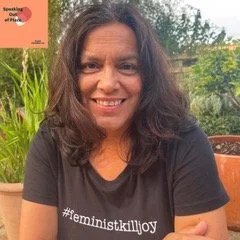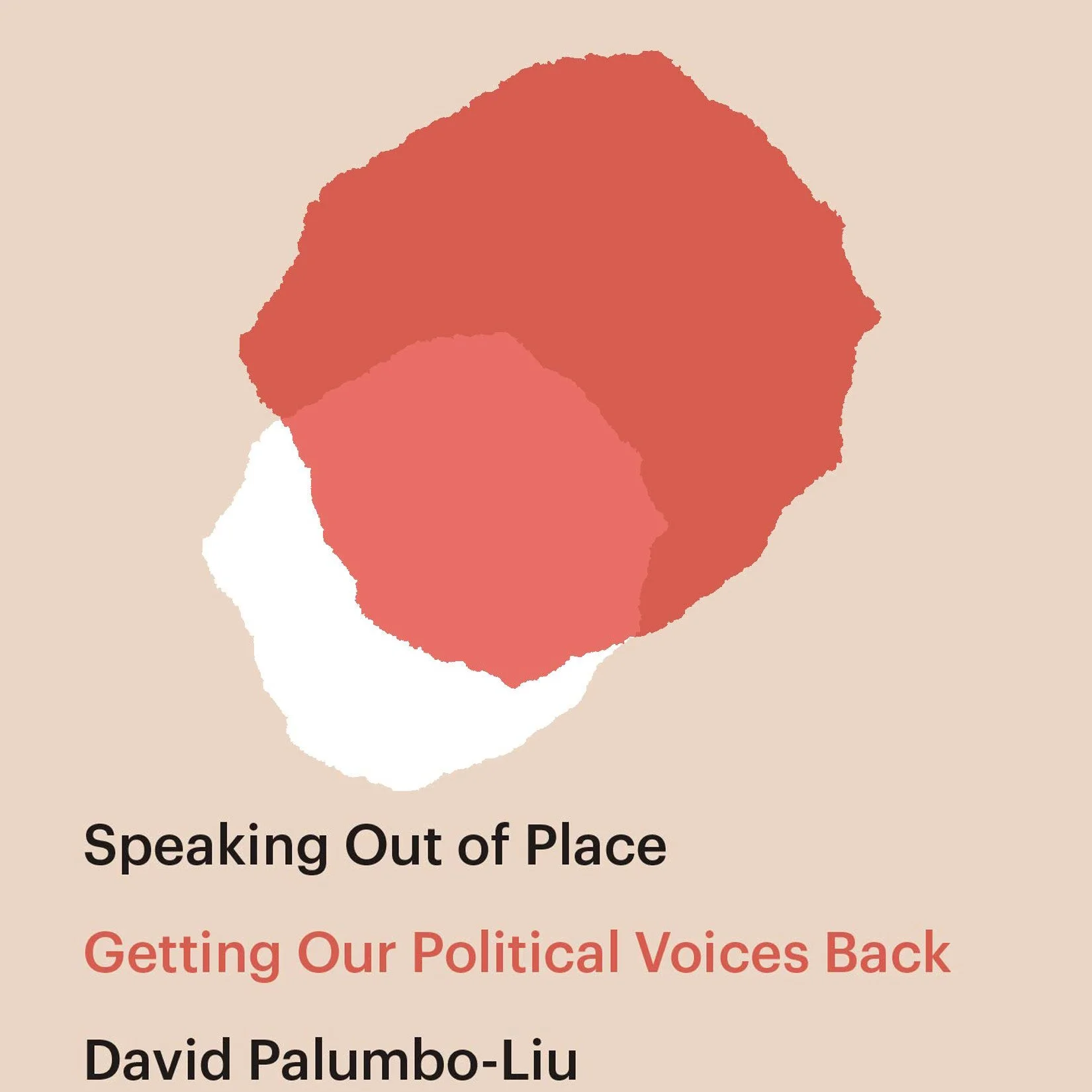Speaking Out of Place: SARA AHMED discusses The Feminist Killjoy Handbook
/Author of The Feminist Killjoy Handbook
Independent Queer Feminist Scholar
You're more likely to progress if you say yes. It's a reproductive mechanism, which is why feminist culture knows so much about everything. We can explain how it is that institutions keep being reproduced in the same way. So what then do you do? Where do you go if your no has nowhere to go? And I think when you say no to the world, and you're pushed out by it, you still find your people. And that there's the world-making is in the people who find in the refusal of the institution a common ground.










